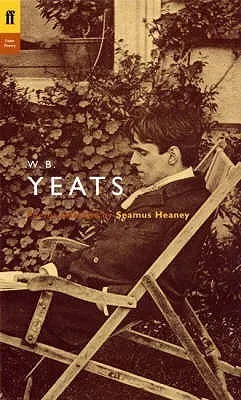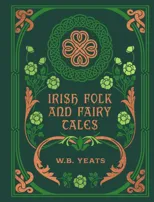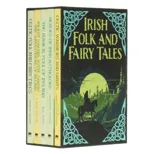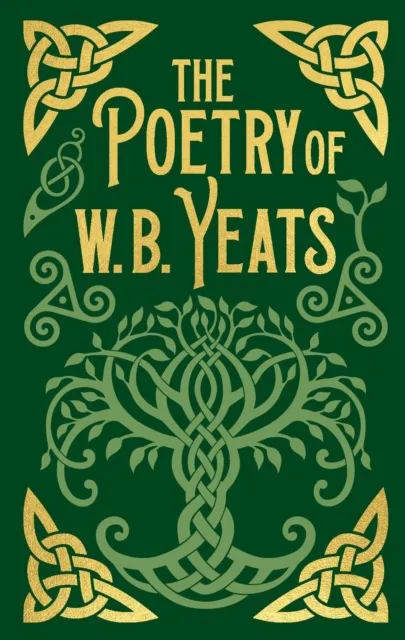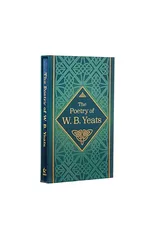W. B. Yeats
(Author) W.B. YeatsIn this series, a contemporary poet selects and introduces a poet of the past. By their choice of poems and by the personal and critical reactions they express in their prefaces, the editors offer insights into their own work as well as providing an accessible and passionate introduction to some of the greatest poets in our literature. W. B. Yeats (1865-1939) was born in Dublin, and was educated in Ireland and England. He was instrumental in the development of a national Irish theatre - and in particular, the founding of the Abbey Theatre. He was awarded the Nobel Prize for Literature in 1923.
W.B. Yeats
W.B. Yeats was an Irish poet, playwright, and one of the most prominent figures of 20th-century literature. Known for his lyrical and mystical poetry, Yeats's works often explored themes of mythology, symbolism, and the occult. Some of his most notable works include "The Tower," "The Wild Swans at Coole," and "The Second Coming."
Yeats played a significant role in the Irish Literary Revival and was a key figure in the development of modernist poetry. His poetic style combined traditional Irish folklore with modernist techniques, creating a unique and influential body of work that continues to inspire generations of poets and writers.
One of Yeats's most famous works is "The Lake Isle of Innisfree," a poem that reflects his deep connection to the Irish landscape and his longing for a simpler way of life. Yeats's contributions to literature, his innovative style, and his enduring influence make him a towering figure in the world of poetry and literature.
